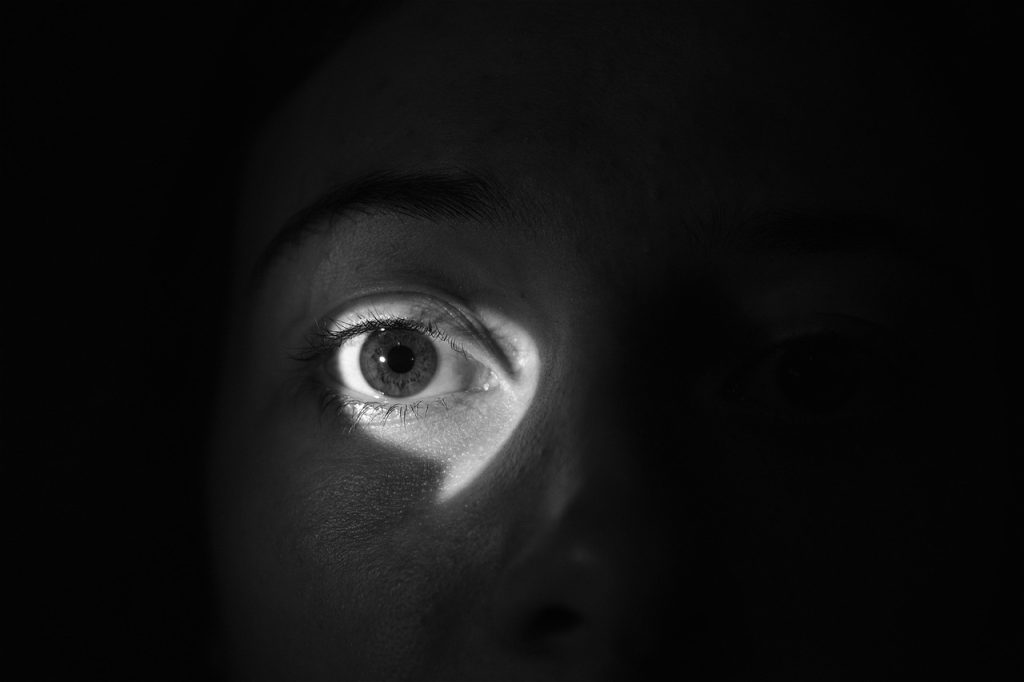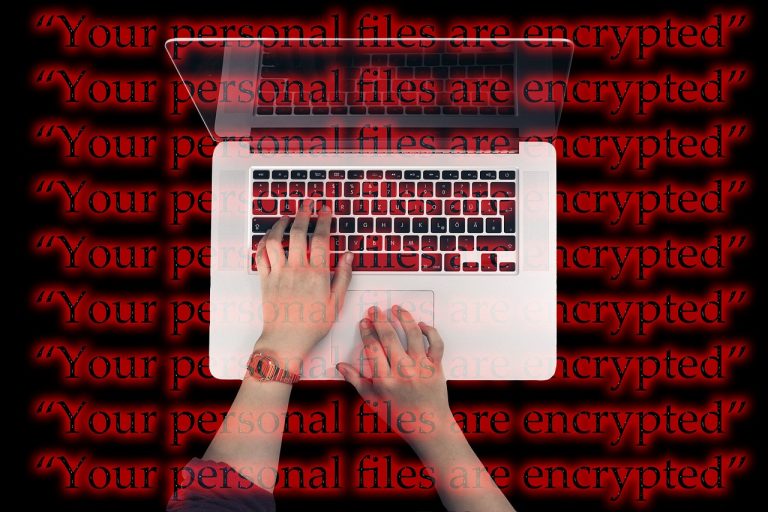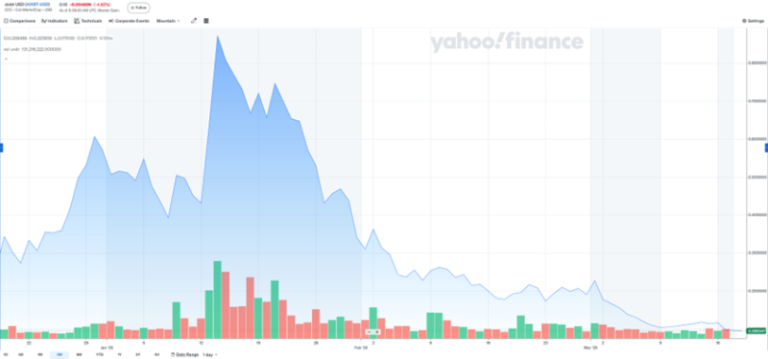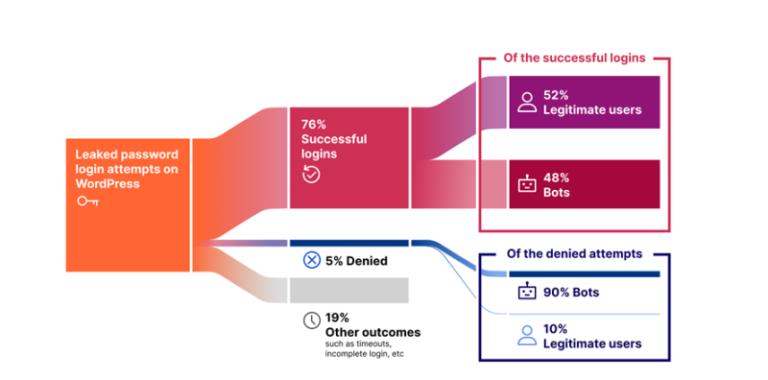
Italian priest Mattia Ferrari, known for his close ties to Pope Francis, has been notified that he was targeted by an advanced spyware program deployed by a government entity. This revelation has intensified pressure on Prime Minister Giorgia Meloni, as previous reports have exposed similar surveillance measures against activists working with migrants.
Ferrari admitted that the news of his phone being compromised was unsettling, though not entirely surprising. The priest has been in frequent telephone contact with Pope Francis, who even penned the foreword to his book. In January, the Pontiff publicly praised Ferrari in an interview on Italian television, referring to him as “a good man doing important work.” Now, with Pope Francis hospitalized due to pneumonia, this incident raises even more pressing concerns about the security of those within his inner circle.
Italian opposition parties are demanding an explanation from Giorgia Meloni. However, the government has exercised its right to withhold further details, citing national security concerns. According to journalists, other victims of the spyware attack include Italian activist Luca Casarini and journalist Francesco Cancellato. The surveillance software used against them was developed by the Israeli company Paragon, though Italy has since suspended its collaboration with the firm.
The case is currently being investigated by Citizen Lab, an organization specializing in monitoring cyberattacks against civil society. One of its leading researchers, John Scott-Railton, described this wave of espionage as deeply alarming. He asserted that when multiple interconnected individuals receive warnings about spyware infiltration, it is far from a coincidence—it signals a systematic campaign of persecution.
Meanwhile, discontent is mounting in Italy over the government’s evasiveness regarding espionage targeting journalists and activists. Elly Schlein, leader of the Democratic Party, has called for immediate clarification: “Who is surveilling those who stand up for human rights? The time for vague answers is over.”
When questions arise about state surveillance of public figures, transparency and accountability become imperative. Striking a balance between national security and the protection of fundamental rights remains a defining challenge for any democratic society.


